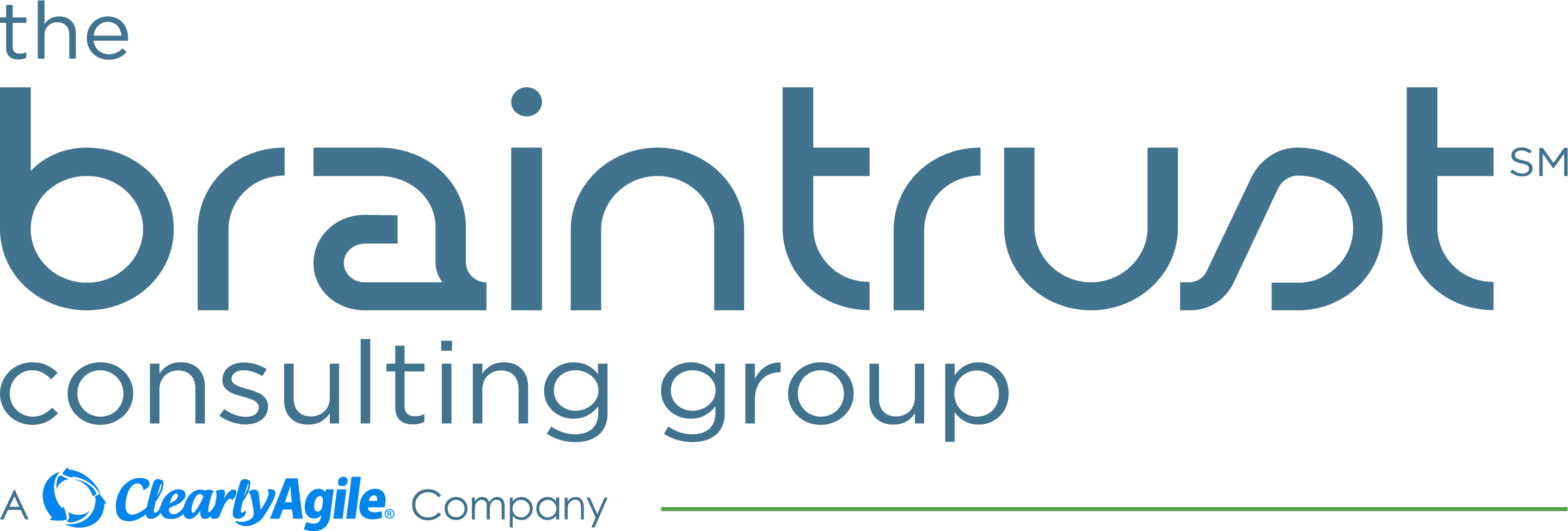A good candidate for becoming a Product Owner typically possesses a combination of skills and qualities that are well-suited for the role.
Which Job Role Is A Good Candidate For Becoming A Product Owner
Here are some key aspects to consider when identifying potential candidates for the Product Owner position:
- Strong Communication Skills: The Product Owner needs to effectively communicate with stakeholders, development teams, and other relevant parties. They should be able to articulate the vision, goals, and requirements of the product clearly and concisely.
- Business Acumen: A Product Owner should have a solid understanding of the business domain in which the product operates. This includes knowledge of market trends, customer needs, and competition. Business acumen helps in making informed decisions and prioritizing features based on their value and impact on the business.
- Leadership and Decision-Making Abilities: As a Product Owner, one must lead the product development efforts, work with cross-functional teams, and make timely decisions. The ability to inspire and motivate team members, resolve conflicts, and take ownership of decisions is crucial for success in this role.
- User-Centric Mindset: A Product Owner should be able to empathize with the end users and understand their needs, pain points, and preferences. They should advocate for the users and strive to deliver a product that provides an exceptional user experience.
- Analytical and Problem-Solving Skills: Product Owners need to analyze data, market trends, user feedback, and other relevant information to make informed decisions. Strong analytical skills and the ability to identify and solve problems are valuable for managing priorities and optimizing product features.
- Flexibility and Adaptability: The role of a Product Owner often involves working in dynamic environments where priorities can change. The ability to adapt to evolving circumstances, embrace feedback, and adjust product plans accordingly is essential.
- Collaborative Nature: Collaboration is key for a Product Owner as they work closely with development teams, stakeholders, and other departments. Building relationships, fostering teamwork, and promoting effective communication are vital for successful product delivery.
- Technical Understanding: While not always mandatory, having a basic understanding of the technical aspects of software development can be advantageous for a Product Owner. It helps facilitate effective communication with the development team and aids in evaluating technical feasibility.
Job Roles That Provide An Easy Transition Into Product Owner
Certified Scrum Masters often already possess the above skills. Internally, they are often a great candidate to progress into a Certified Product Owner. Those with specific business knowledge or product knowledge are also great candidates to be a Product Owner.
Becoming A Product Owner
The Product Owner holds a crucial position within a Scrum Team, embodying one of its most vital roles. Key skills that the Product Owner must possess include deep business knowledge, a genuine interest in comprehending end-users, adeptness in agile product management, facilitation capabilities, conflict resolution skills, creative thinking abilities, and the power to influence both the Team and other Stakeholders.
Braintrust offers certification courses and additional resources for becoming a certified product owner. We offer courses for:
- Certified Scrum Product Owner®
- Advanced Certified Scrum Product Owner®
- Certified Scrum Professional – Product Owner®
Learn more about each product owner course and register today!



